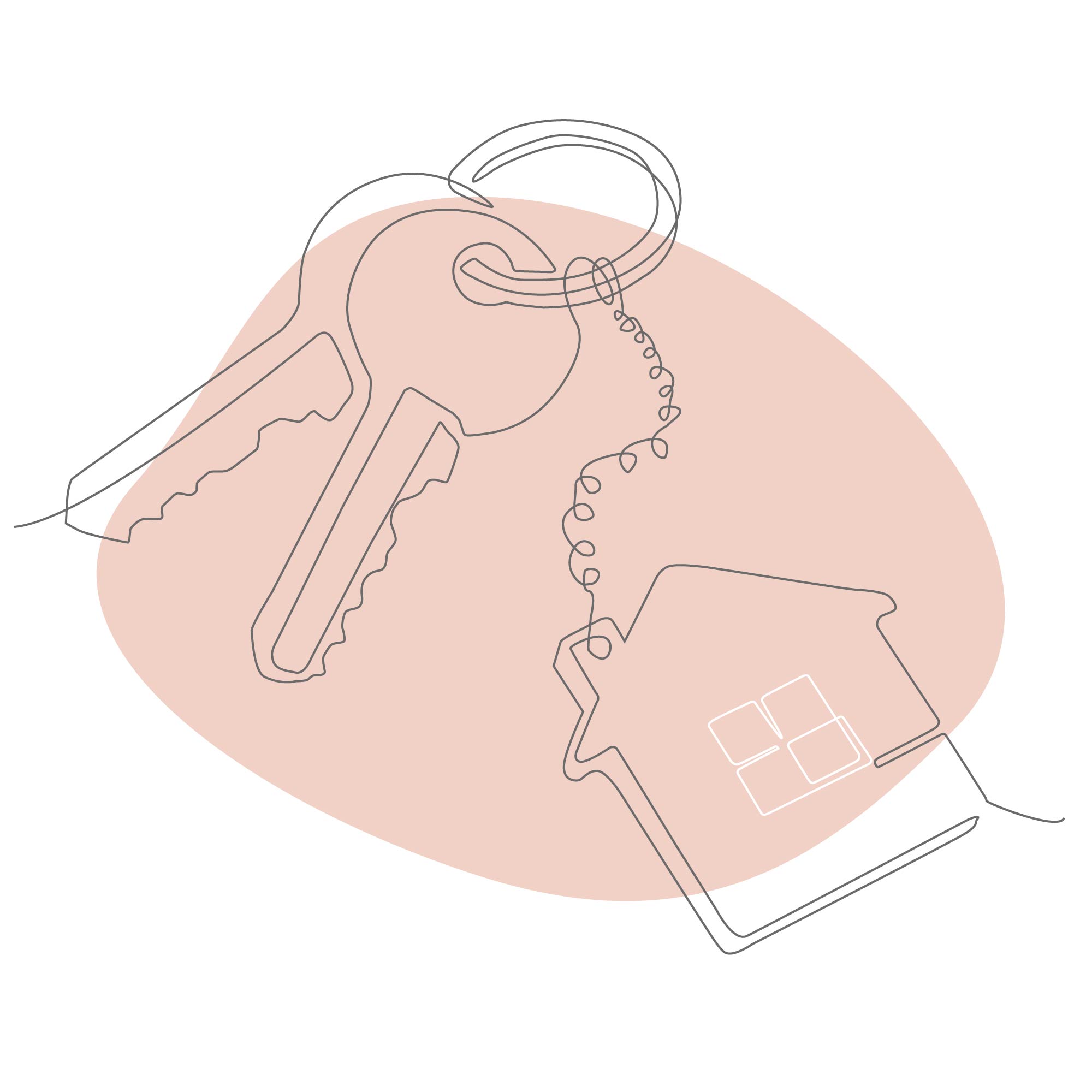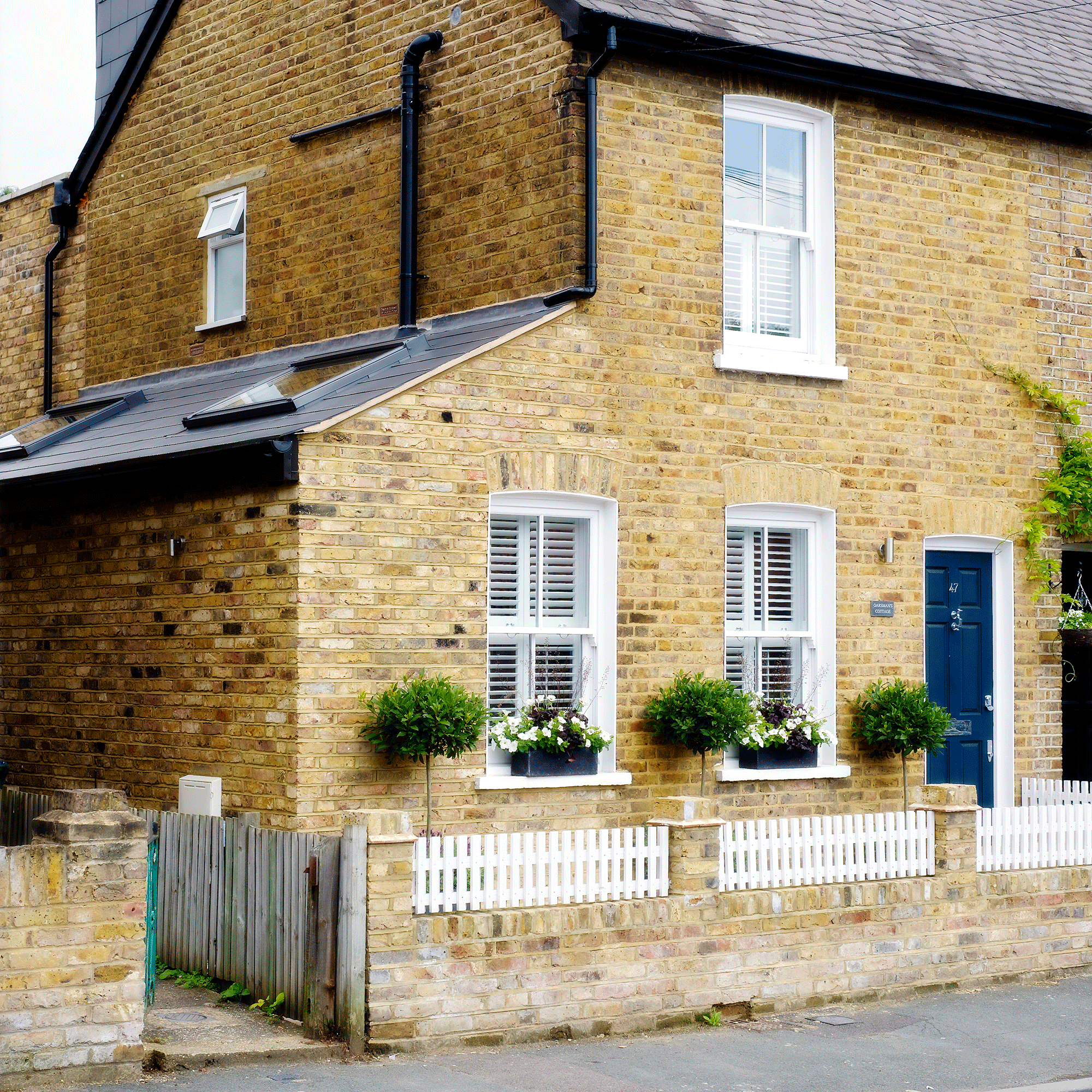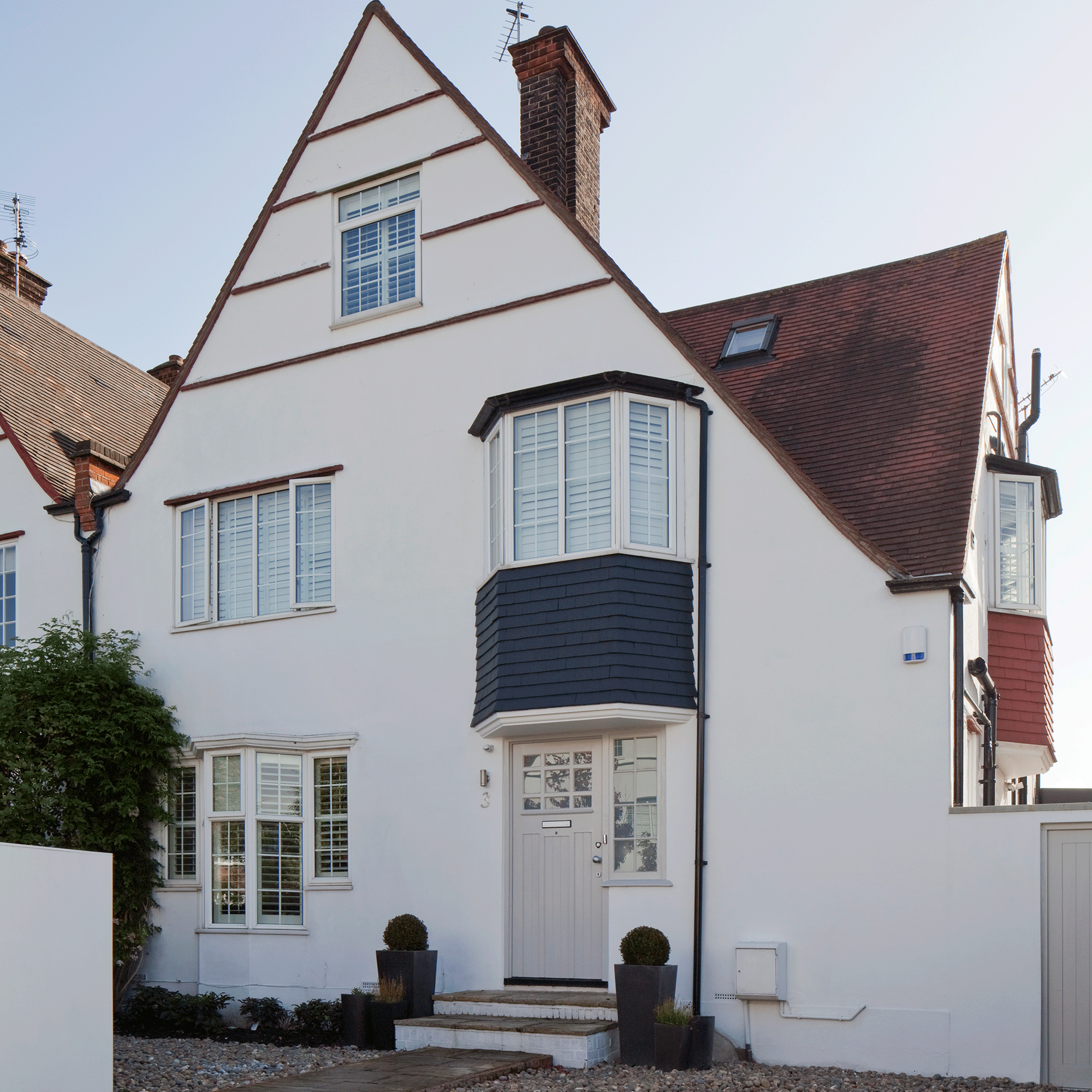
Buying your first property is an exciting but expensive life event which is why it is crucial that you get the best first-time buyer mortgage to suit your needs
Thankfully, mortgage rates have been edging down over the last few months and there are plenty of mortgages available for first-time buyers from low or no deposit deals, mortgages that allow family assistance or fee-free options.
Interest rates rose throughout 2023 to combat rising inflation, the pace at which goods and services rise in price.
Finally, after seven consecutive months of no movement in the Bank of England base rate, rate setters at the Bank finally voted to cut the base rate from 5.25% to 5.00%.
Does that mean we’ll see mortgage rates fall further? Scott Taylor-Barr, principal adviser, Barnsdale Financial Management, doesn’t think so.
‘Lenders had already anticipated a rate cut and priced that reduction into their recent mortgage rate cuts which is why you can already get a fixed rate that is under the current base rate.'
‘With a new Government now in place it could be that we see a slight pause in rate decreases while the market gets an idea of its plans for the economy. We're not heading back to 2% interest rates, but maybe more first-time buyer rates will start with a 4 rather than a 5.’

If you’re looking to buy a house for the first time, it pays to do your research. Some mortgages have special rules exclusively for first-time buyers to make it easier to get on the ladder. Others offer a lower rate in exchange for a higher fee, while some banks give borrowers cash or a free valuation as an incentive.
If you only have a small deposit, there’s help for you too. Mr Taylor-Barr adds: ‘First-time buyers have many choices in terms of rates. Discounted and tracker rates are available, but the vast majority will select a fixed rate as this gives them a wider choice of lenders, stability of payments and, at the moment at least, a cheaper mortgage rate.'
‘There is a conversation to be had about taking a shorter product term of two or three years versus a medium term of five years or a long-term rate of 10 years or more. A lot of first-time buyers will initially think about a shorter-term fixed rate, so they can remortgage in two or three years when rates are lower but there’s no guarantee they will be.'
Currently, most five-year fixed rates are cheaper than both short and longer term fixed rate offerings. And, those who choose to take a medium term fixed rate will not have to pay remortgage costs in just a few years’ time.
Other tips for getting the best rate is to out down as large a deposit as you can muster and make yourself as attractive a borrower as possible. If you’re not sure where to start, here’s how to boost your chances of mortgage approval.
Best first-time buyer mortgages June 2025
Rates are subject to change, but were correct at the time of writing. These options are for illustrative purposes only, speak to your lender or a mortgage broker to find the best mortgage deal for your circumstances.
Early repayment charges of 4% apply throughout the product term. Only available through a mortgage broker. No valuation fee. A two-year alternative is available at 3.97%. Borrowers looking for a fee-free five-year fixed can access a rate of 4.14% from Halifax.
Early repayment charges apply. This deal comes with £250 cash back on completion. A 40-year term is available on this deal.
This deal tracks the Bank of England base rate (currently 4.25%) by +0.54 percentage points. Your rate will rise and fall in line with the changes to the base rate. Because there are no early repayment charges you can move to a fixed rate without penalty if the monthly payment rises too high for your budget.
Early repayment charges apply. Free valuation. For borrowers looking for a shorter term, Furness Building Society is offering a 4.42% rate fixed for two years with £250 cash back.
Borrowers should take advice from a mortgage broker before buying a property with a 5% deposit. If house prices fall within your product term it may be difficult to remortgage.
Should first time buyers choose a fixed-rate mortgage?
Even though inflation dropped to 2% in the 12 months to June, household budgets are still under pressure so the type of mortgage you choose will depend on multiple factors. Whether you prefer a fixed or variable rate depends on your financial position and your attitude towards the risk of rising interest rates.
Fixed-rate mortgages, give borrowers certainty over their monthly budget for a period of time. The most common periods you can fix your mortgage rate for are two or five years. You can also fix for three, seven and 10 years but, lacking in popularity, they are not as widely available.
Variable rates can sometimes be cheaper but borrowers must have room in their budgets for an increase in their monthly mortgage payment if interest rates do rise within the term of their deal.
Not sure how much you'll be able to borrow? Use our mortgage calculator as a guide.
How to find the best first-time buyer mortgage rates
You can search online for the best first-time buyer mortgage rates using a price comparison website. By submitting basic details such as your annual salary, credit commitments and the value of your deposit you’ll find out how much you can spend on a house and which lenders are offering the cheapest deals.
You can also use an online mortgage broker. After completing an online questionnaire and a credit check you’ll be sent a list of mortgage deals with the cheapest rates tailored to your circumstances.
Or you can ask a traditional mortgage broker to search for the best deals on your behalf. After a phone call or face-to-face interview, they will select the best deals for your circumstances rather than just the lowest rates.

What kind of first-time buyer mortgage could I get?
Banks and building societies typically offer first-time buyers a mortgage that is between 4.49 and 4.75 times their annual salary. Some lenders will offer up to 5.5 times salary for first-time buyers with larger deposits or higher salaries.
Lenders also offer a range of low or no deposit deals, fee-free options, cashback incentives and mortgage terms of up to 40 years if you want to keep your monthly repayments low.
There are also lots of mortgages designed to specifically help first-time buyers or those struggling to raise a deposit or pass affordability checks.
Family assist mortgages
Barclays, Lloyds and Halifax offer options where parents can deposit savings with their mortgage lender for a fixed term, usually in line with the term of the fixed rate. By doing so the first-time buyer can put down little to no deposit. At the end of the fixed term, if the first-time buyer is up to date with their payments, the parents get their savings back with interest.
Joint borrower sole proprietor
Some mortgage lenders also allow parents to join their children on the mortgage application to boost their income if they are still working or have sufficient retirement income. By doing so, parents are agreeing to pay the mortgage if their children cannot but they do not own the property.
First Homes Scheme
This is a government scheme which involves the building of new homes specifically to be sold at a discount of at least 30% (can be increased up to 50% by the local council).
This scheme is only available to first-time buyers. Priority is also given to serving members of the armed forces and key workers.
Shared Ownership
Under the shared ownership scheme, a first-time buyer can purchase a share of the property and pay rent on the remaining share. A deposit is still required and the first- time buyer must be able to afford the mortgage and rent but it can be a good way to buy your first property as you don’t have to find the money for the full property value.







